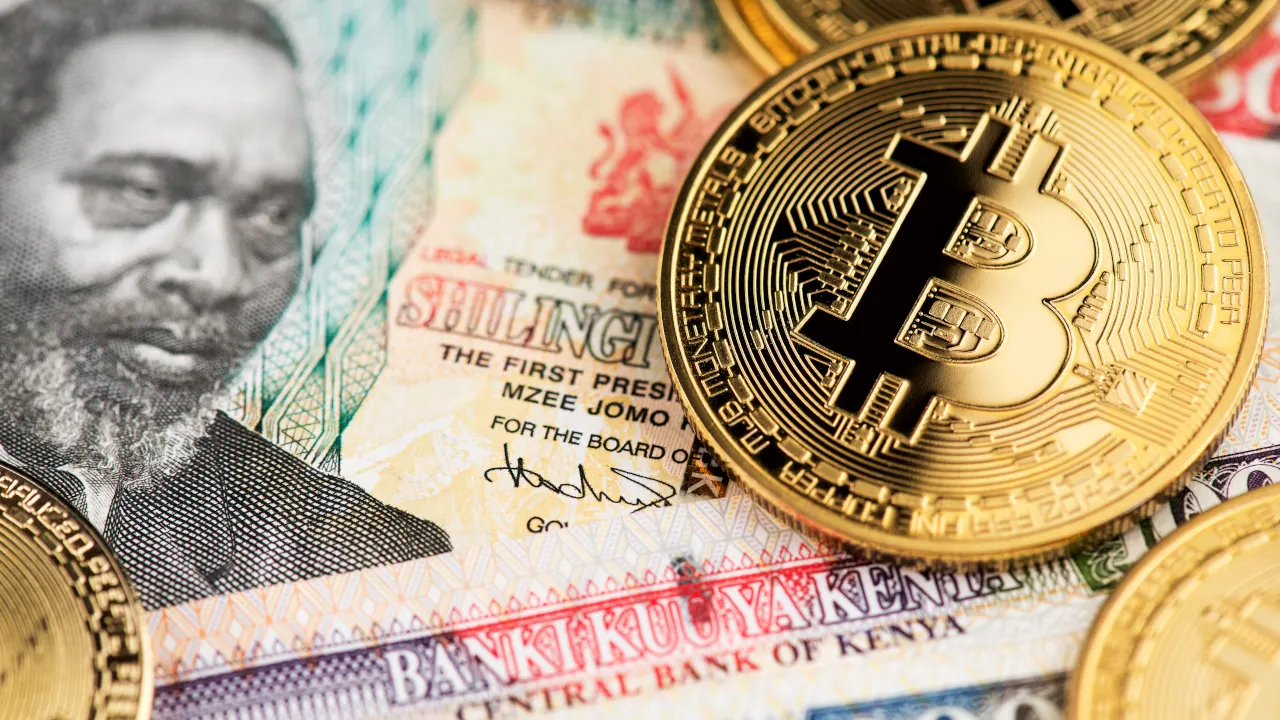Bitcoin Emerges as Everyday Currency in Kenya's Bustling Markets

In the heart of Nairobi, Kenya, a surprising shift is underway among residents of Kibera, often called Africa's largest slum. A recent video by travel documentarian Nick, known online as Indigo Traveller, captures this change during his exploration of the neighborhood. With over 2 million subscribers, Nick's footage highlights how around 600 locals have turned to Bitcoin not for high-stakes trading, but for straightforward purchases like fresh produce at roadside stands.
The video, titled Walking into Africa's Biggest Slum (1 Million People), draws viewers into Kibera's vibrant yet challenging streets. Nick describes the area as an intense neighborhood in Kenya's capital, where daily life unfolds amid tight-knit communities and resilient entrepreneurs. What stands out most is a casual encounter with a vendor who accepts Bitcoin payments, turning a routine transaction into a symbol of broader adaptation.
Check this out. In Nairobi, Kenya, they are selling avocados for Bitcoin, ditching the Kenyan shilling for store of value. Real-world adoption from across the world! 🥑👇 pic.twitter.com/BvYw97BxL0
— Bitcoin & Crypto Alerts 🚨 (@bitcoinxalerts) October 30, 2025
Bitcoin Serves as a Shield Against Local Economic Pressures
Residents in Kibera view Bitcoin through a lens of necessity rather than novelty. Local advocate Mitch tells Nick that holding Kenyan shillings erodes value over time due to inflation, while Bitcoin offers a path to maintain purchasing power. This perspective drives families to convert small savings into the cryptocurrency, aiming to build security for education or household needs.
Vendors echo this sentiment by integrating Bitcoin into their operations. One shopkeeper explains that encouraging customers to pay with cryptocurrency helps everyone involved, as the asset tends to hold or increase in value. Such practices foster a sense of shared progress, where technology meets immediate community demands without relying on distant financial systems.
The integration feels organic in Kibera's informal markets, where stalls overflow with avocados, tomatoes, and other produce. Signs reading Bitcoin Accepted appear alongside handwritten price tags, inviting buyers to participate in this evolving exchange. A transaction might involve a mother scanning a QR code on her phone to buy fruit for her children, all while chatting with the seller about the days harvest.
This setup transforms abstract financial tools into accessible routines. Nick observes how vendors receive payments instantly, eliminating delays common with traditional methods. The simplicity encourages wider adoption, as even those new to smartphones find the process intuitive and reliable.
Stay In The Loop and Never Miss Important Bitcoin News
Sign up and be the first to know when we publishLocal Innovations Bring Crypto Within Reach for All
Technology in Kibera adapts to the environments constraints, relying on basic smartphones dubbed Bitcoin phones by users. A buyer opens a Bitcoin wallet app, selects the amount, and confirms the transfer in seconds, watching the vendors screen light up with confirmation. This ease contrasts with the barriers often faced in more regulated economies, proving that blockchain's core benefits shine brightest in resource-limited settings.
Mitch emphasizes the goal of moving beyond fiat currencies that fail to support local growth. By saving in Bitcoin, individuals see their holdings appreciate, providing a buffer against rising costs for rent or food. Community workshops now teach these skills, drawing crowds eager to learn how digital wallets can fit into their lives.
Kibera's story extends to broader questions about global money flows. As more vendors join, the slum becomes a testing ground for inclusive financial tools. Families report fewer worries over devalued savings, allowing focus on small business expansions or children's schooling, as highlighted later in the video.
Nick wraps his visit by reflecting on the humanity he encountered, from shared meals to open conversations about hardship. The Bitcoin element adds a layer of hope, illustrating how innovation arrives not through fanfare, but through quiet determination. In places like Kibera, where over a million people deal with limited resources, such adaptations signal a rethinking of wealth preservation on a human scale.
This development in Nairobi underscores Bitcoin's potential to empower global freedom. As adoption grows, it could inspire similar initiatives across Africa, where economic volatility affects millions. For now, in Kibera's markets, Bitcoin simply works, one grocery bag at a time.

